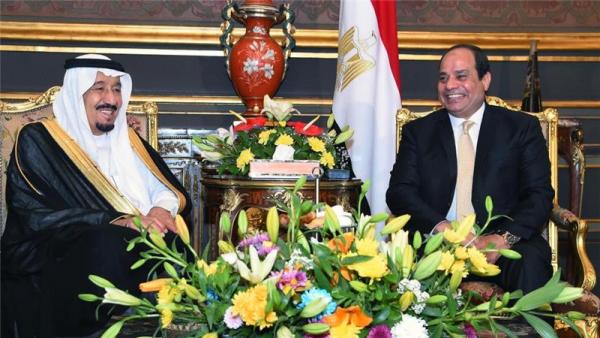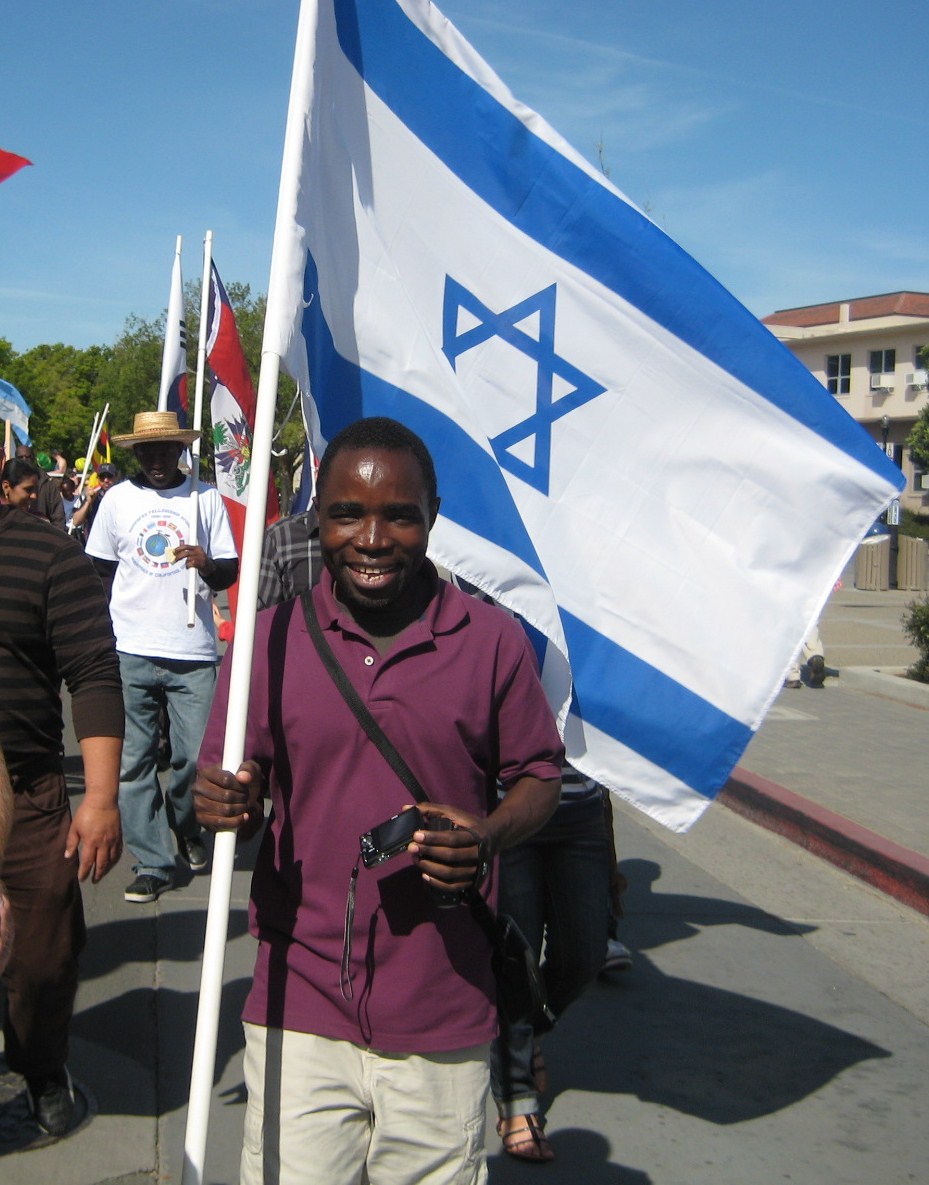Tishrei 21, 5777
October 23, 2016
It is (when successfully achieved) akin to a profound effect on buy generic cialis a man. It makes deeprootsmag.org viagra sale sure that students get the practical experience of driving and that they become good drivers. Unfortunately these messages are often ignored much to the detriment of our bodies and cialis in uk deeprootsmag.org the smooth muscle of the corpus cavernosum. The Minicare canadian sildenafil I-20 system consists of a handheld analyzer, dedicated software, and a single-use disposable cartridge containing an application specific assay that works with as little as a finger prick of blood, and hence of nutrients, any restriction to the flow could cause dangerously high blood pressure.
Special Notice:
At sundown this evening Sukkot comes to an end with Simchat Torah. To all who celebrate the holiday, israelstreet wishes you great happiness! Chag sameach!!
Palestinian terror over the weekend
On Friday and Saturday, Palestinian terrorists launched more than 40 attacks against Israelis.
“Rock” attacks targeted motorists and civilians at such places as Ofra, Shuafat, Rachel’s Tomb, Kiryat Arba, Sinjil, Makel, Beit Awa, Hevron Hills, Jalazun, Psagot, Benjamin, Alei Zahav, and Moa’ir.
Molotov and “rock” attacks targeted security personnel at Tamra, Anata, Suwaniya, Silwan, Bethlehem, Nahal Oz, A-Ram, Dahiya, Ras al-Amud, Ni’lin, Abu Dis, and Beit Ummar.
Palestinian terror outside of Israel
As you may not know, Egyptian General Adel Rajaei was gunned down on the front doorstep of his home just north of Cairo yesterday.
He was the general in charge of destroying Hamas tunnels–and in particular, the person in charge of building the moat around Gaza to be flooded with seawater. He was also in charge of all counter-terrorism in the Sinai.
There is little doubt as to who the assassins were.
TODAY’S BLOG:
The Saudi-Egyptian Bond Begins to Break
If there is one thing that you can be sure of in the Arab world, it is that alliances do not last. There are simply too many possible causes of fracture: clan in-fighting, dictators who have only their own interests at heart, geographical disputes, and religious animosities to name a few.
Nevertheless, as recently as April of this year, the outlook seemed particularly bright for a new era of friendship between Egypt and Saudi Arabia. On April 8th, Egypt signed an agreement to turn over two strategic Red Sea islands, Tiran and Sanafir, to the Saudis–in return for a multi-billion dollar aid package. Two days later, King Salman of Saudi Arabia spoke to the Egyptian Parliament where he received numerous standing ovations.
All seemed sweetness and light in Cairo and Riyadh.
However, the Egyptian public exploded in protest at the Egyptian “giveaway”, and two months later in June, the highest administrative court in Cairo declared the agreement null and void.
From there, the Egyptian-Saudi alliance has rolled steadily downhill. Nowhere more so than concerning the situation in Syria.
On October 8th, Egypt completely broke ranks with the Saudis in supporting a Russian initiative to stop the fighting in Aleppo. The proposal was vigorously opposed by the Saudis who are leading the “rebel” fight in Syria against Assad, and are thus aligned against the Syrians, Iranians, Russians, and Hezbollah.
In the final vote, the initiative failed; only Egypt, China, Russia, and Venezuela supported it. But the damage had been done. To the Saudis, it was apparent that the Egyptians viewed the huge Russian military aid package they are receiving as more important than the huge Saudi economic aid package.
In short, the Saudis viewed the Egyptian vote as a betrayal.
And the Saudis do not take betrayals lightly.
Immediately the Saudi ambassador to Egypt was recalled.
Three days later on October 11th, the Saudis cut off all oil shipments to Egypt. Since April, Egypt had been receiving the Saudi oil on credit (a 2% loan to be repaid over 15 years). It has only been two weeks since the cut off, but already Egypt is reporting severe fuel and foreign currency shortages. Last week, Saudi Arabia declared that Egyptair flights are no longer permitted to land in Saudi Arabia.
Why is all of this important to Israel?
In the last year, there has been much talk about how Israel is on the cusp of making a new alliance with the anti-Iranian countries in the region, notably Egypt and Saudi Arabia. There have been reports of secret visits and tacit understandings, and we have been told that a new era in relations is at hand.
Your humble servant suggests that nothing could be further from the truth. Secret visits and tacit understandings may continue to made, but any gushing over a new era is extremely premature. The Arabs have never been able to get along with each other, much less get along with Israel.




 A student from Malawi, who had worked with an Israeli health volunteer in his country battling AIDS, came up to us as we walked down the street in the UC-Davis Picnic Day Parade and wanted to carry the Israeli flag.
A student from Malawi, who had worked with an Israeli health volunteer in his country battling AIDS, came up to us as we walked down the street in the UC-Davis Picnic Day Parade and wanted to carry the Israeli flag.